Hardly anyone gets my name right. Whenever I go back to where I’m from, it’s a relief – a surprise – when I don’t have to spell it out.
Ailsa, Alicia, Alisha – where on earth did you get the ‘h’ from?! All these variations, mutilated forms that seem to go in circles, never quite getting there. I don’t mean that there’s anything wrong with these names, but they are not mine. The worst is when people say my surname, regurgitating Machoooina at me. This is particularly painful as it comes from the same root in Russian as urine.
I have attempted coming up with stories, breaking up my name in an effort for people to find it easier to say: try “Ma, tune in?” as though you were rudely telling your Mum to listen, and then add an “ah.” “Oh – I get it!” says the person – and reverts back to the same distorted cacophony.
I may seem harsh. My name is foreign. It’s strange. And it is so at odds with my outward appearance as a born and bred Scot.
Yet my name is an irreplaceable part of me, and when people don’t want to make a slight effort to try saying it right, they are brushing a part of me away.
People often think there’s been a typo – someone’s written the ‘I’ after the ‘L’ when it should be before. It has to be, because such names do not exist. It still feels strange when people think you’re name – something so inextricably linked with your identity – is a mistake.
We have probably all heard that using someone’s name inspires a closer connection. “A person’s name is to him or her, the sweetest and most important sound in any language,” as said by Dale Carnegie, the writer of How to Win Friends and to Influence People (a title that makes me want to sing Fagin’s Reviewing the Situation). I guess I am in some way immune from these manipulative ploys, as salespeople’s attempts do not illicit feelings of warmth and inclusion. Especially since they are usually accompanied by wincing and twisting of mouths into fantastical positions.
Many people change their names when they go abroad. This is particular common for the Chinese, some of whom even give their babies English names so as to help them in studying or working overseas when they grow up, fearing that they will not be as well accepted with a foreign-sounding name. I would say that this is perhaps only slightly over-reacting, for people are often filled with a sense of dread and mistrust when they see a foreign name. Even here in St Andrews, where we are supposedly so diverse, recently a guy earnestly entreated me not to trust people with strange surnames. This was before I told him mine.
People often introduce themselves to me with a British pronunciation, or a different name altogether, and I find myself slightly hurt. It’s like they’re not letting me into a part their life, not bothering to. I often delicately ask if that is the name they prefer, and I am usually greeted with a look of surprise, and a wide smile.
Our names are so important to us, that when they are distorted or changed it is like a chord that is not quite right. But when you call it out “Ah-lee-sa” – it rings out true.

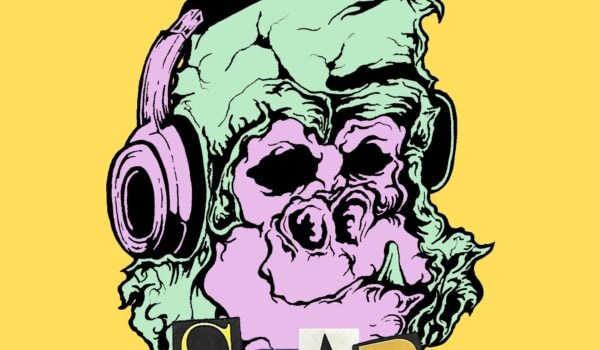
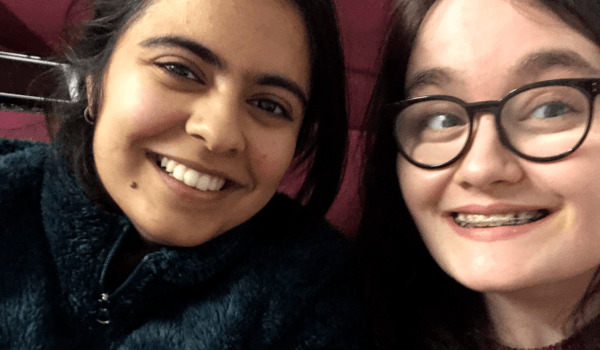
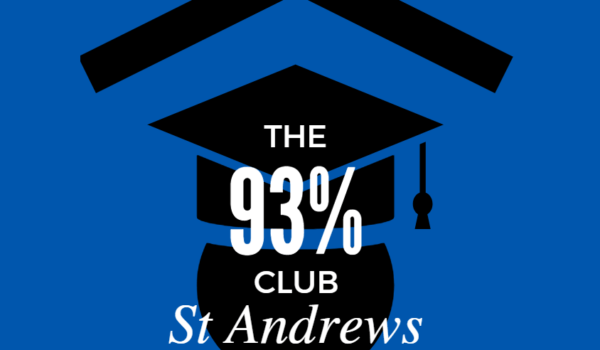
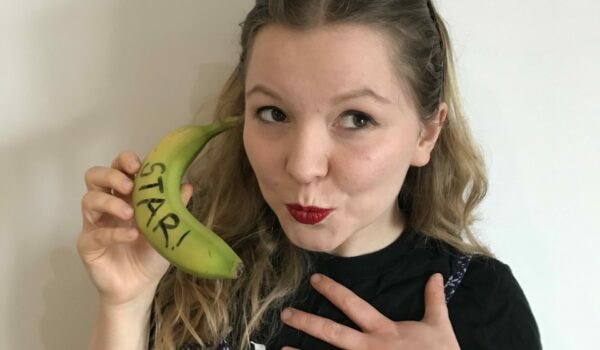
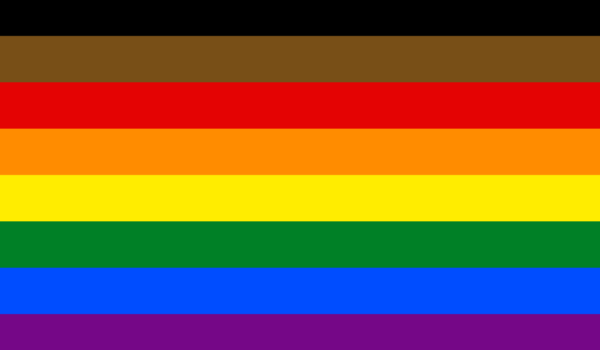


Jenny Robertson On 25/04/2018 at 21:56
Another excellent, highly readable and thought-provoking piece , Alisa. Well done.